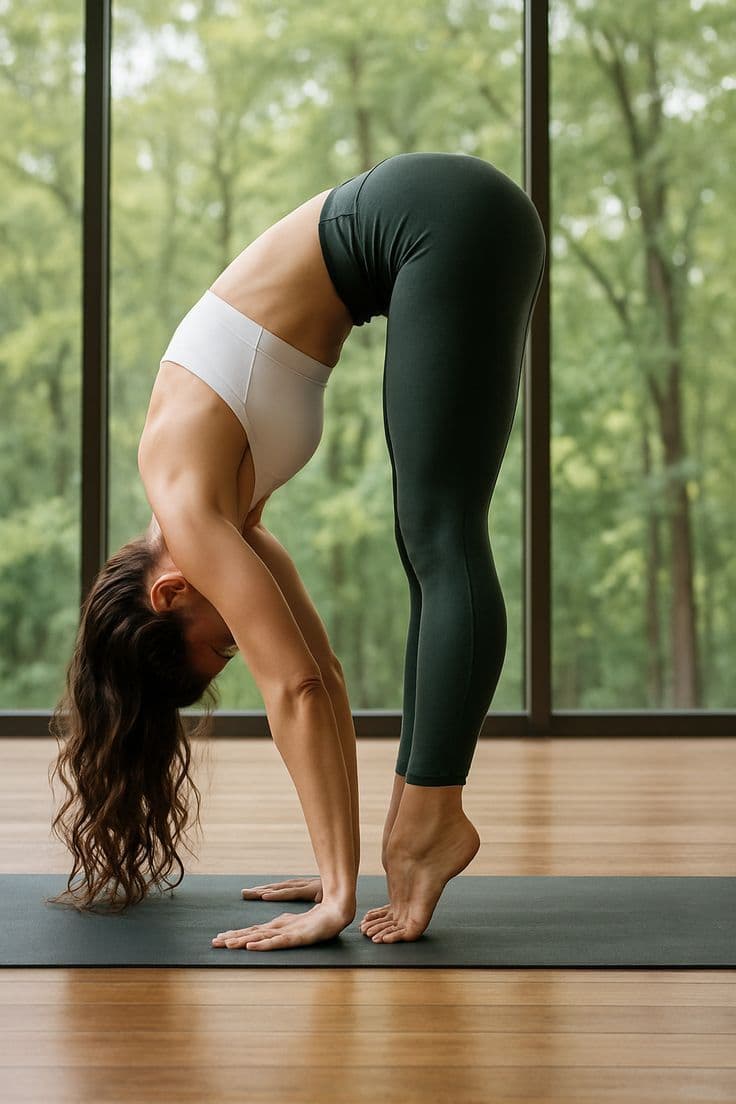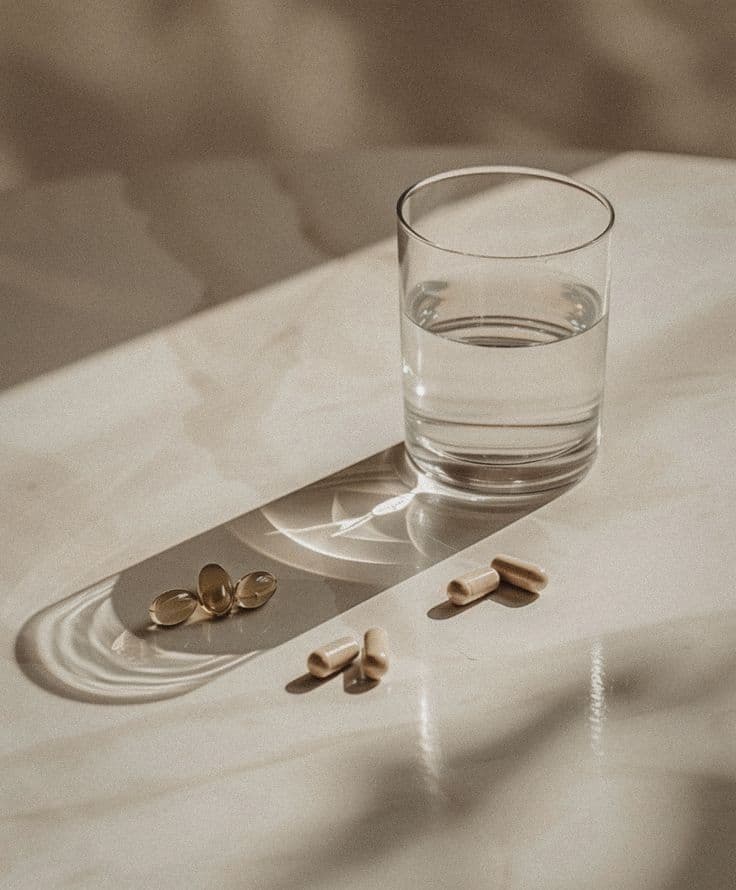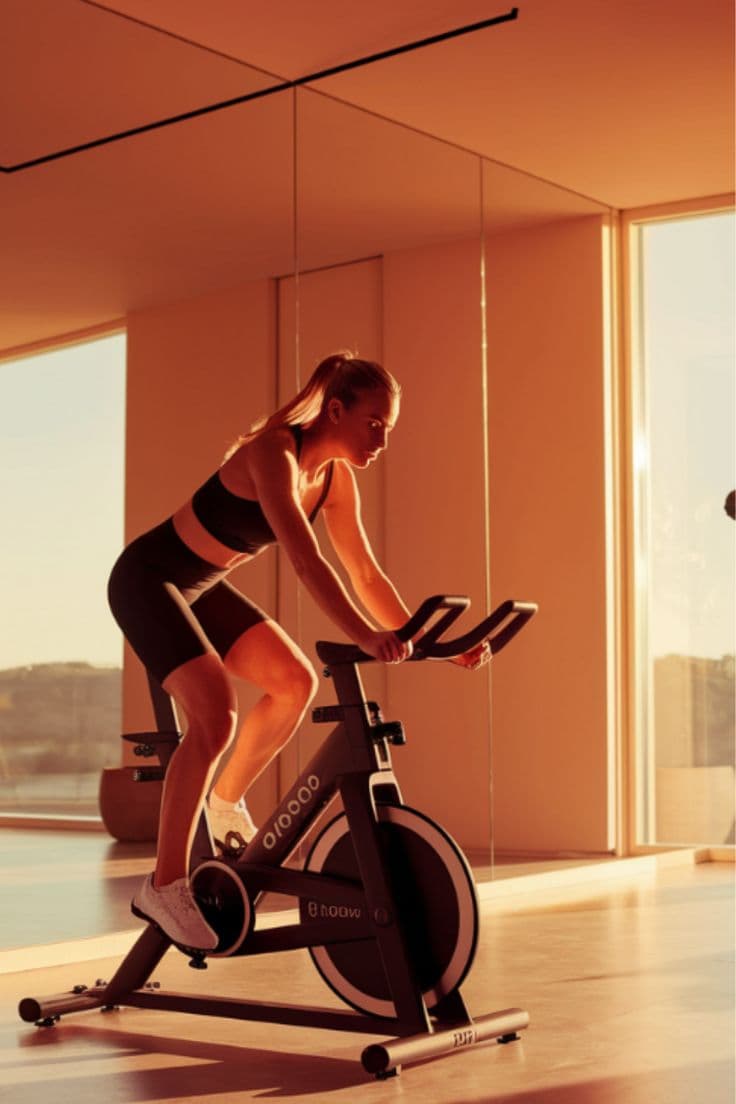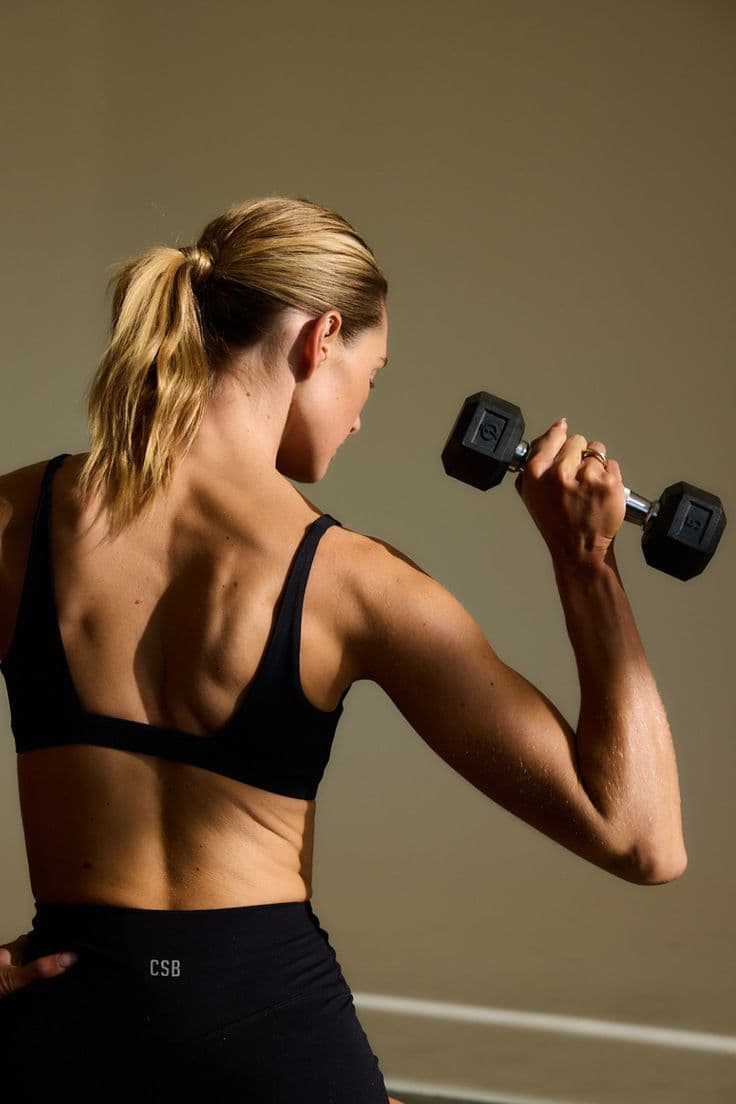
How movement becomes medicine for endometriosis pain
7 sources
Listen to this article
Here's something that might surprise you: your body has its own built-in pain relief system, and gentle movement is the key that unlocks it. If you're dealing with endometriosis, strategic exercise isn't just about staying fit anymore. It's literally therapeutic medicine.
Your pelvic floor holds the secret
That deep, stabbing pain you know too well? It's often made worse by your pelvic floor muscles clenching tight in response to inflammation. Think of it like your body creating armor around the pain, except that armor becomes part of the problem. When these muscles stay chronically tense, they compound your discomfort and create new issues with your bladder and bowel.
The good news? Targeted movement can gently coax those guarded muscles to release. We're talking yoga flows, Pilates breathing, and therapeutic stretches that create space and support where you need it most.
Exercise rewires your pain response
Research shows something incredible: just 8 weeks of regular movement significantly reduces pelvic pain in women with endometriosis. Your body starts producing more endorphins (nature's painkillers) while simultaneously lowering inflammatory markers that fuel your symptoms.
Even better, consistent activity naturally reduces circulating estrogen levels, which can help slow endometriosis progression. When you move regularly, you're not just managing today's pain. You're potentially changing tomorrow's experience.
Your gentle action plan
Start with comfort as your guide. During your luteal phase when energy dips and you're naturally nesting, honor what your body needs:
• Choose 20 minutes of gentle movement over 60 minutes of intense exercise
• Try restorative yoga poses that open your hips and release pelvic tension
• Walk while listening to podcasts or audiobooks to prepare your mind for rest
• Practice diaphragmatic breathing to activate your body's relaxation response
• Consider pelvic floor physical therapy for personalized therapeutic movement
Remember, you're not trying to power through pain. You're creating a supportive relationship with your body through movement that honors both your strength and your need for gentleness. Your endometriosis doesn't define your limits, but it does inform your approach.



